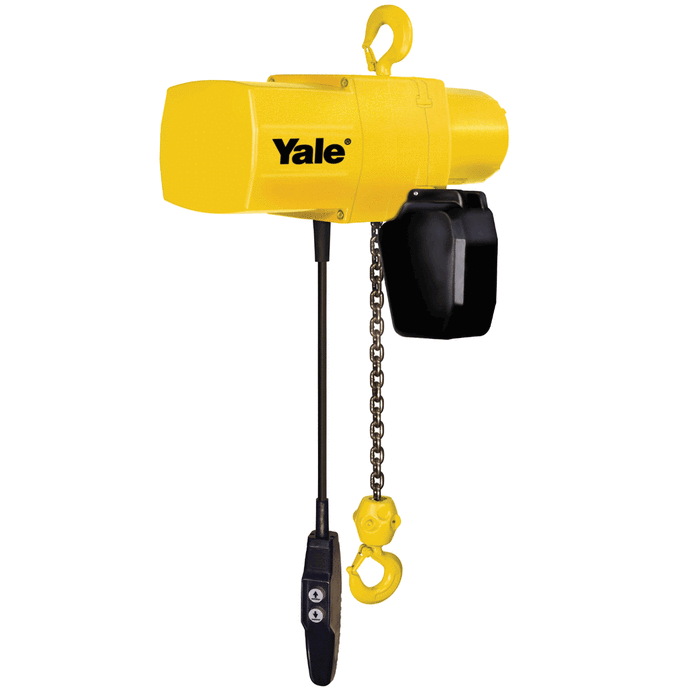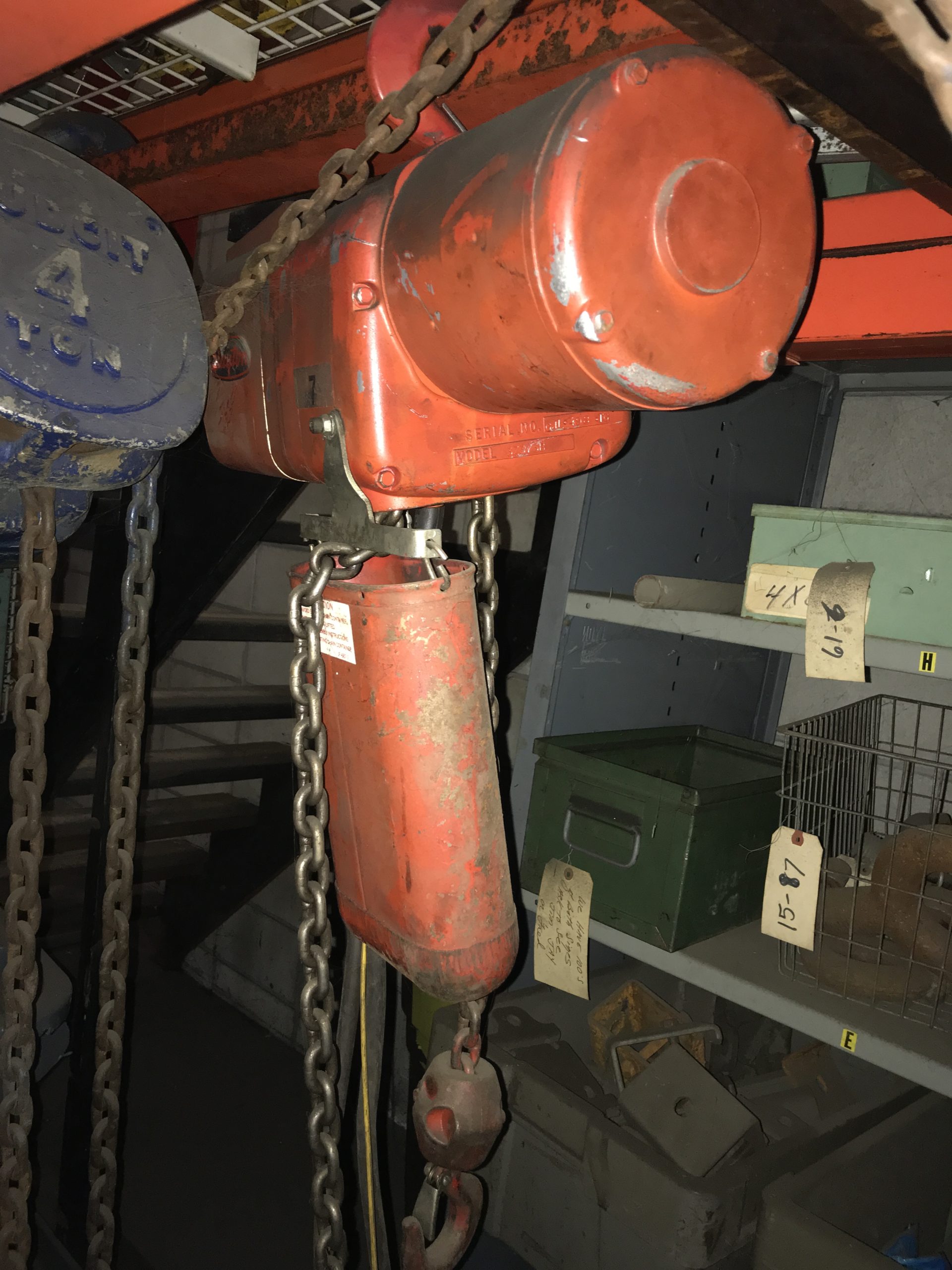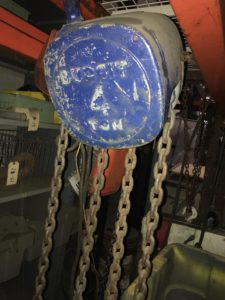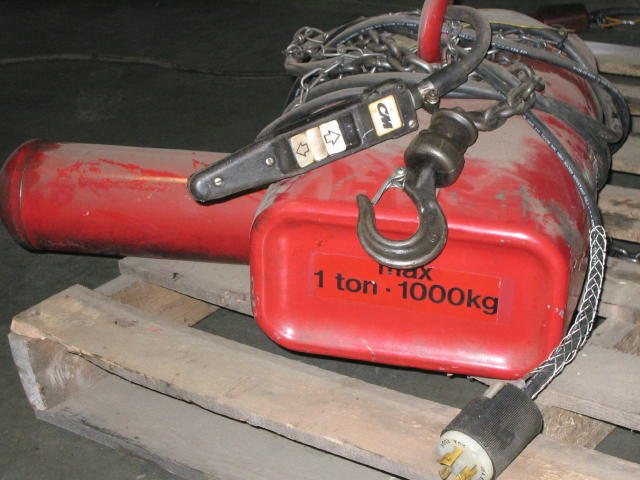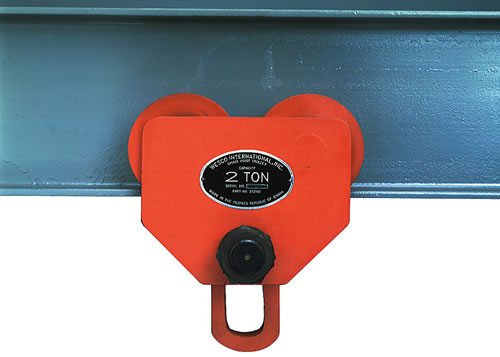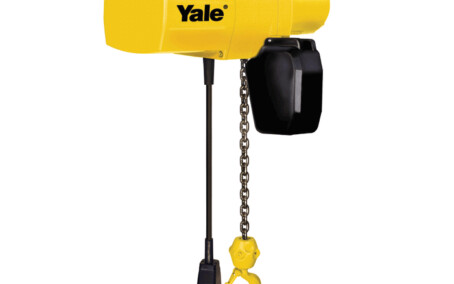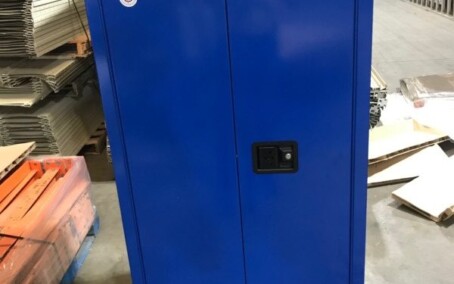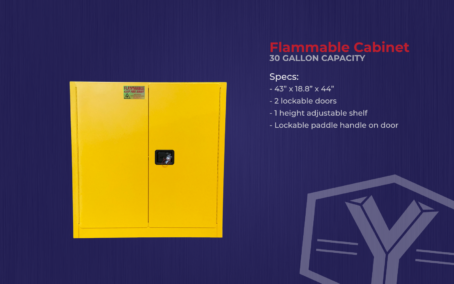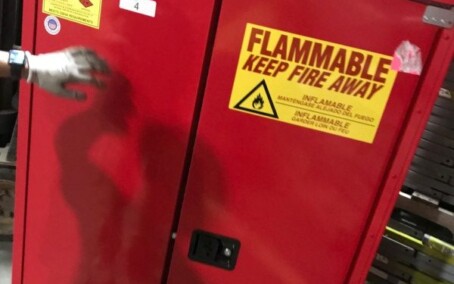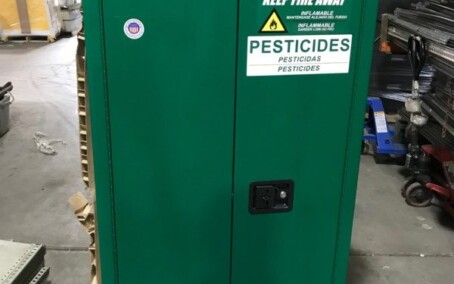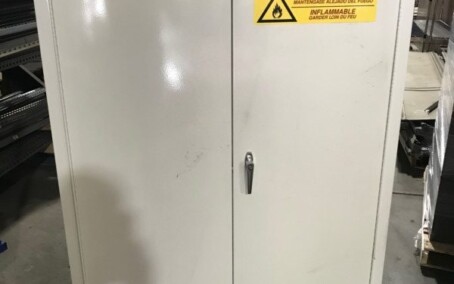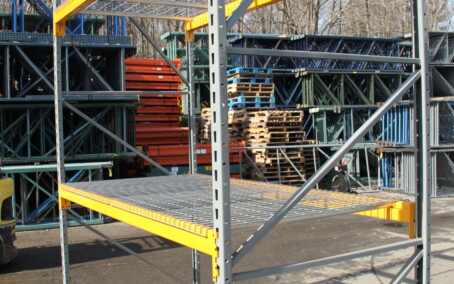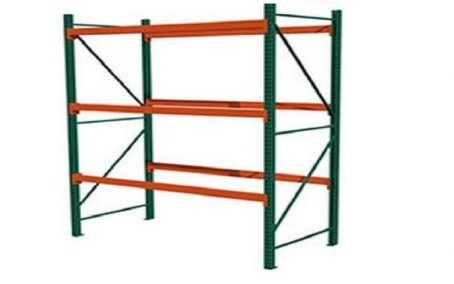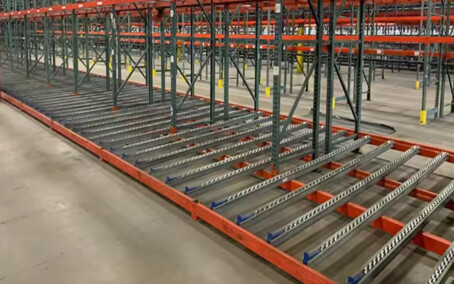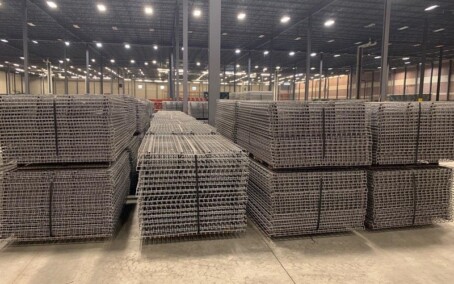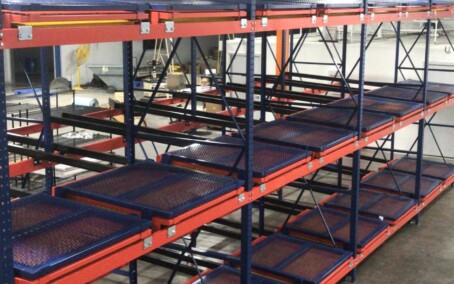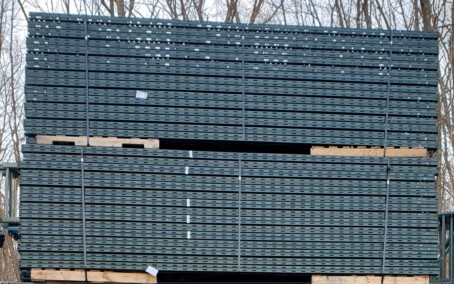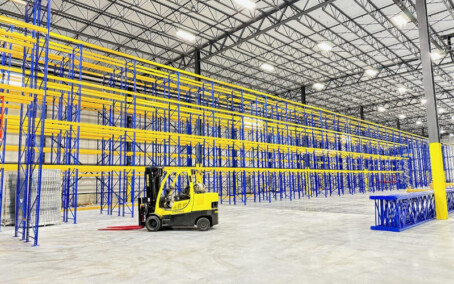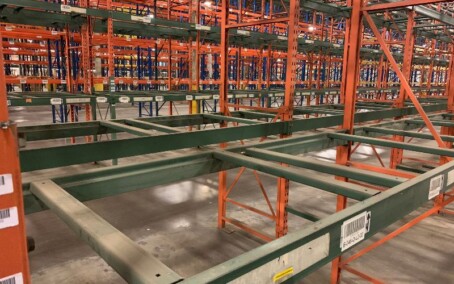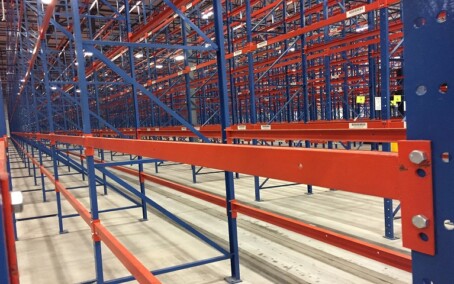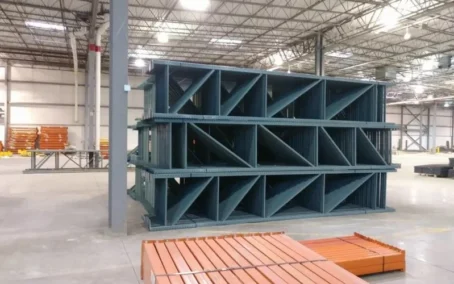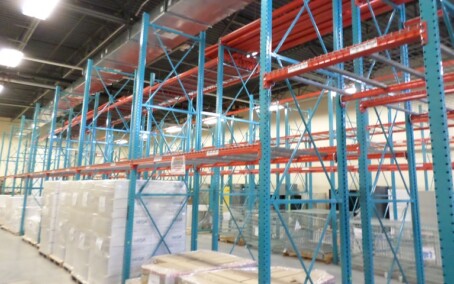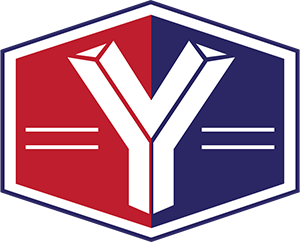In the world of material handling, construction, and various industrial applications, the efficiency and safety of lifting heavy loads are paramount. Electric hoists have emerged as indispensable tools for achieving these goals. These versatile devices utilize electricity to lift, lower, and move heavy objects with precision and control.
Let’s begin our exploration of electric hoists by understanding what they are and why they are essential in the world of lifting and material handling.
What is an Electric Hoist?
- Lifting Machinery: People use an electric hoist to lift and lower heavy loads by winding a chain or wire rope around a drum or lift-wheel.
- Powered by Electricity: Unlike manual hoists, electric hoists are motorized and powered by electricity, providing controlled and efficient lifting capabilities.
The Significance of Electric Hoists
- Efficiency: Electric hoists significantly reduce the time and labor required for lifting heavy objects, enhancing overall operational efficiency.
- Safety: These hoists offer precise control, reducing the risk of accidents and injuries associated with manual lifting or poorly controlled machinery.
Electric hoists come in various types, each tailored to specific lifting needs and environments.
Wire Rope Hoists
- Heavy-Duty Lifting: Designers create wire rope hoists for heavy lifting applications and often give them higher load capacities than chain hoists.
- Diverse Applications: They are commonly used in construction, manufacturing, and shipyards.
Chain Hoists
- Versatile and Compact: Chain hoists are compact and versatile, making them suitable for a wide range of lifting tasks.
- Portable: Their portability is advantageous for on-site construction and maintenance.
Air Hoists
- Clean Environments: Air hoists are used in environments where electricity is undesirable, such as clean rooms and some industrial settings.
- Explosive Environments: They are also suitable for explosive atmospheres, as they don’t generate sparks.
Explosion-Proof Hoists
- Safety in Hazardous Areas: Explosion-proof hoists are designed for use in potentially explosive environments like chemical plants and refineries.
- Rugged Construction: They feature rugged construction and safety measures to prevent ignition of flammable substances.
Electric hoists are employed in a wide array of industries and applications, thanks to their lifting prowess.
Construction
- Material Handling: Electric hoists are used to lift heavy construction materials, equipment, and components to various heights.
- Concrete Placement: They facilitate concrete placement in high-rise buildings and bridge construction.
Manufacturing and Warehousing
- Production Lines: Manufacturers integrate electric hoists into their manufacturing processes to move materials and products efficiently.
- Warehousing: They assist in stacking and retrieving goods from high shelves in warehouses.
Automotive and Shipbuilding
- Heavy Components: Electric hoists are crucial in lifting heavy automotive components and ship parts during assembly.
- Maintenance: They aid in vehicle and ship maintenance, allowing workers to access elevated areas.
Entertainment Industry
- Stage Rigging: In the entertainment industry, people use electric hoists to facilitate the movement of props, lighting, and scenery on stage rigging.
- Efficiency in Events: They streamline event setup and teardown.
Safety is paramount when working with electric hoists. Understanding and adhering to safety measures is crucial.
Operator Training
- Certification: Operators should undergo proper training and certification to operate specific electric hoists.
- Ongoing Education: Regular training updates ensure operators are aware of the latest safety protocols.
Equipment Inspection
- Pre-Use Checks: Operators must perform pre-use inspections to identify any issues that may compromise safety.
- Scheduled Maintenance: Electric hoists should be regularly serviced and maintained according to the manufacturer’s guidelines.
Load Capacity
- Load Limits: Exceeding load capacity is a common cause of accidents. Operators must adhere to load limits.
- Proper Loading: Evenly distribute and properly secure the loads.
Environmental Considerations
- Clear Workspace: Ensure the workspace is clear of obstructions and that there is adequate lighting for safe operation.
- Weather Conditions: Adverse weather conditions can affect the operation of electric hoists, so operators must take precautions.
The use of electric hoists offers numerous advantages in various industries.
Precision and Control
- Smooth Operation: Electric hoists provide precise control over lifting and lowering, allowing for delicate maneuvers.
- Reduced Human Error: They reduce the margin for human error in load handling.
Efficiency
- Time Savings: Electric hoist significantly speed up lifting tasks, improving overall productivity.
- Reduced Labor: They minimize the physical strain on workers, leading to labor savings.
Safety Enhancement
- Accurate Positioning: Operators can position loads with precision, reducing the risk of accidents.
- Lower Injury Risk: The controlled operation of an electric hoist minimizes the risk of strain-related injuries.
Electric hoist are not just machines; they are tools that elevate efficiency, enhance safety, and streamline lifting and material handling tasks across various industries. By understanding the different types, applications, safety considerations, and advantages of electric hoist, businesses, and organizations can make informed decisions, ultimately leading to improved productivity and safer work environments. In a world where precision and safety are paramount, electric hoist serve as beacons of progress, lifting industries to new heights of efficiency and safety.

